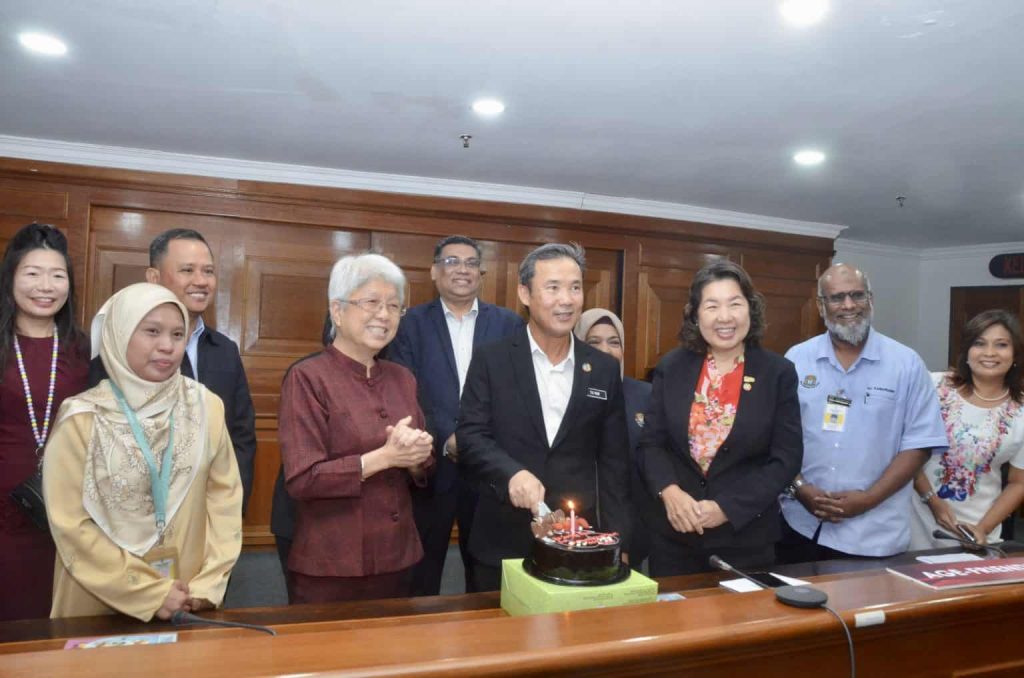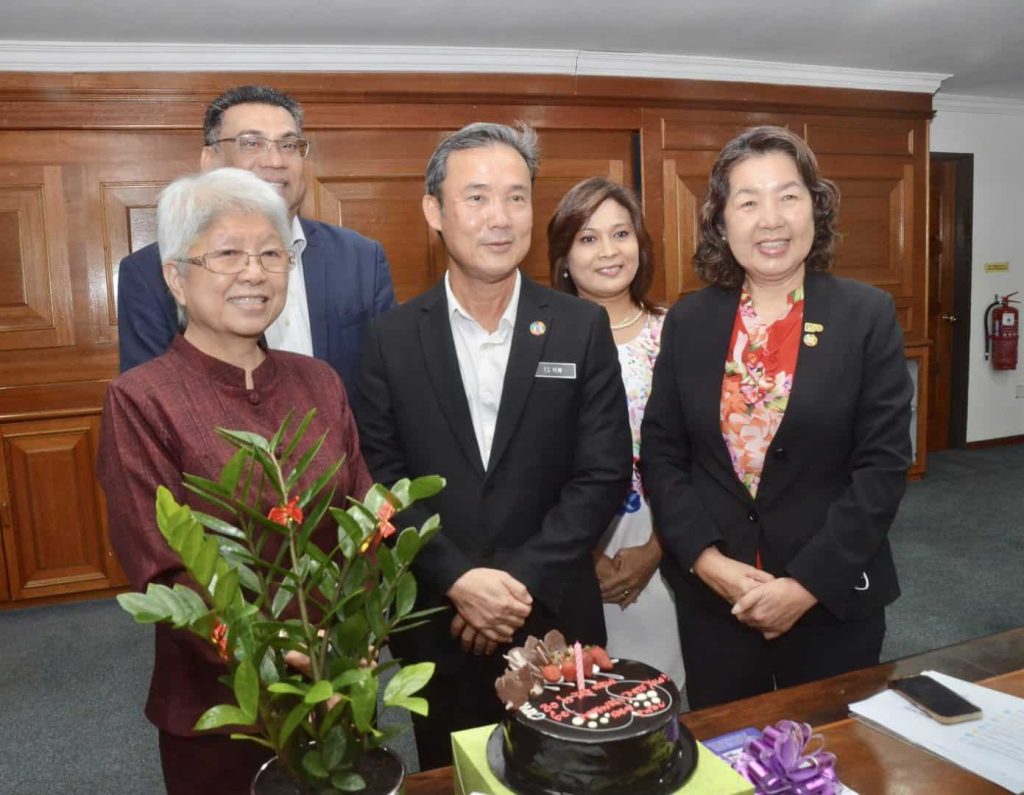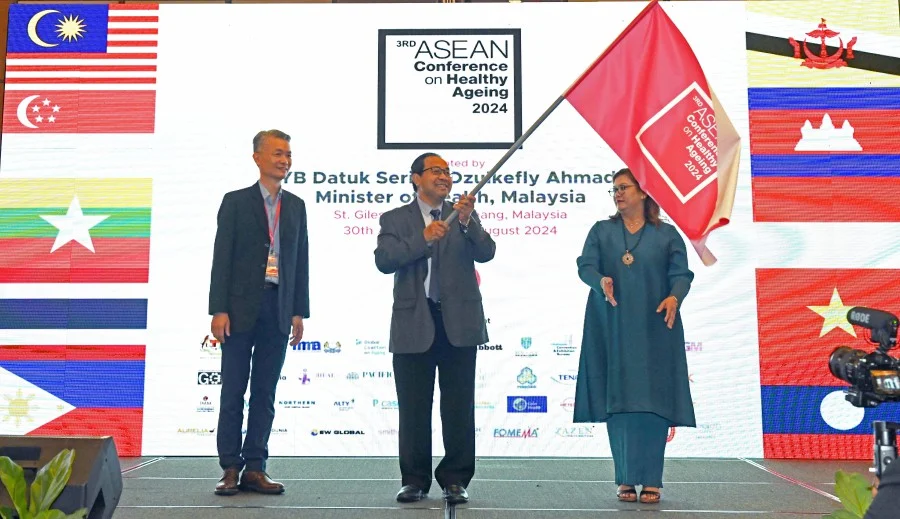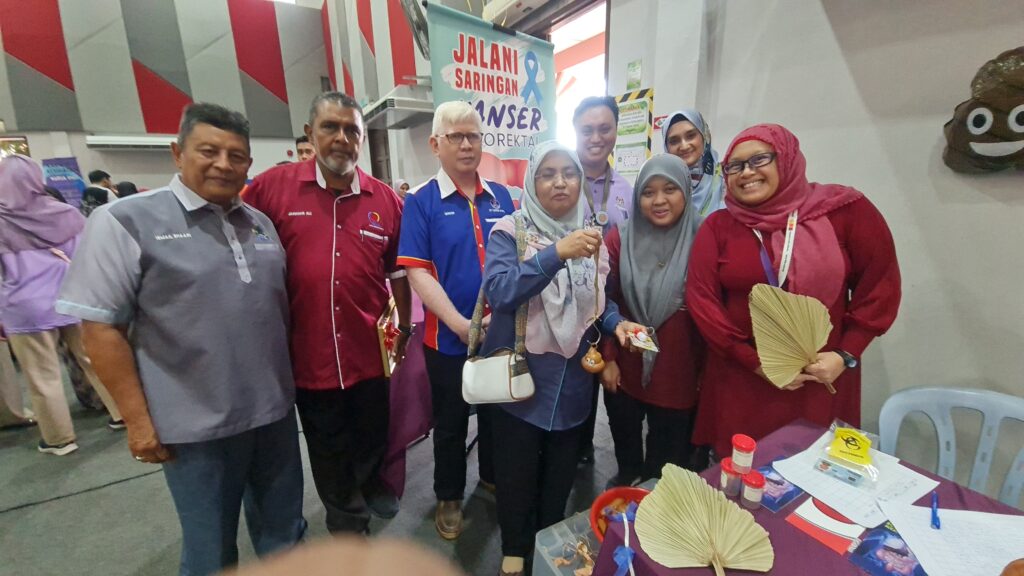
PENANG Island City Council (MBPP) mayor Datuk Yew Tung Seang hopes that the MBPP’s application to join the WHO Global Network of Age-Friendly Cities and Communities in April will be successful.
He said he was proud that MBPP has been chosen by the state government to implement the age-friendly initiative that was introduced by the World Health Organisation (WHO) to promote the well-being of the elderly in the community, increase their social and economic participation, as well as create a more sustainable and liveable community by people of various ages.

“The data obtained from the Department of Statistics Malaysia shows that the population aged 60 and over will increase from 14.87% in 2020 to 26.2% by the year 2040.
“Penang is also a state with a large population aged 60 and over compared to other states in Malaysia. To prepare for the increase, MBPP and the Penang Women’s Development Corporation (PWDC) recently signed a public-private partnership for three years together with a consultant, the Malaysian Healthy Aging Society (MHAS) to introduce the Age Friendly City Project.
“This project will adopt WHO guidelines and the main goal of this project is to make Penang an age-friendly city by providing facilities and services that meet the needs of residents of various ages and abilities,” said Yew at the press conference called by the state executive councillor Chong Eng to announce the MBPP’s application to become a WHO Age-Friendly City in Komtar today.

According to WHO, she said the current rate of the aging population in Southeast Asia is increasing, with the growth rate of the population aged 60 and over increasing from 9.8%, 13.7% and 20.3% in 2017, 2030 and 2050 respectively.
She added that Penang would also experience the same thing when 15% of its 1.77 million residents are over 60 years old.
“Therefore, the Penang government takes this issue seriously and is preparing to face the challenges of the old state by 2040,” Chong Eng said.
She said MBPP is currently on the right track to achieving four of the eight domains under WHO’s global age-friendly cities framework, namely Public Spaces and Buildings, Transportation Systems, Mutual Respect and Social Inclusion and Civic Engagement and Employment Opportunities.
MBPP, she said, would focus on the next four domains – Housing Systems, Civic Engagement and Employment Opportunity Services.
PWDC chief executive officer Ong Bee Leng thanked Yew for all his support and grant MBPP provided to PWDC.
She praised Yew for his discipline, for conducting meetings effectively and also helping to establish guidelines for the setting up of confinement centres among other things.
As a remembrance, Chong Eng, on behalf of PWDC, presented a farewell cake and a pot of money plant (for wealth and good health) to Yew while Ong presented him a book published by PWDC.
Among those present were MBPP Development Planning Department deputy director Zuraini Mat Rasit, and MHAS representatives Datuk Gulab Mahatam Rai and Michelle Anne Richards.
Story by K.H. Ong
Pix by Siti Nuratikah Rahmat
Published Originally Read HERE






